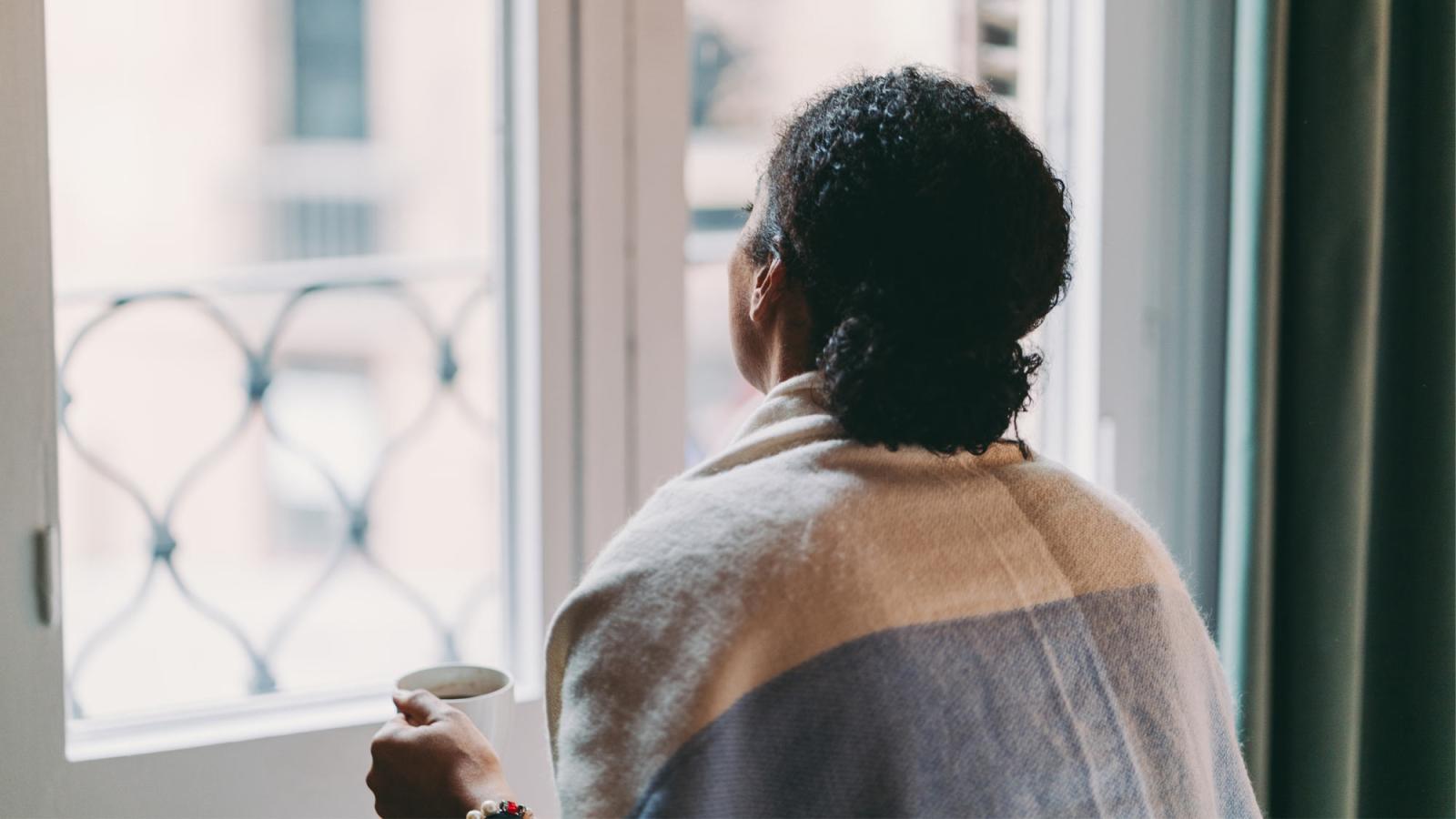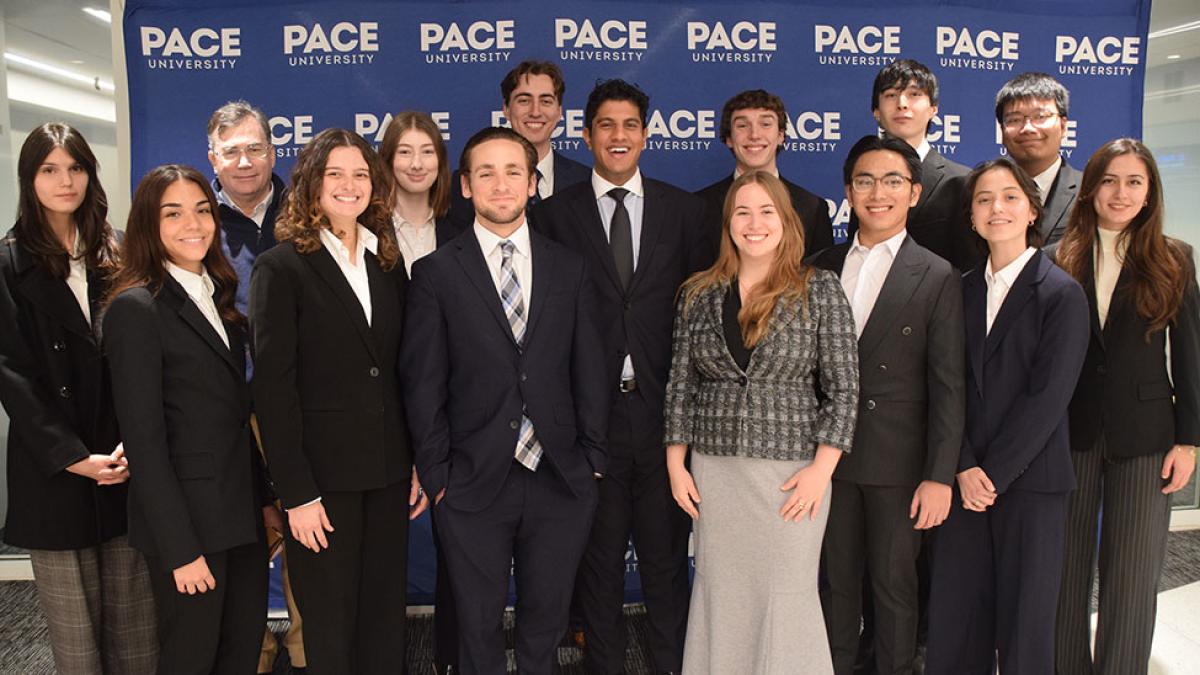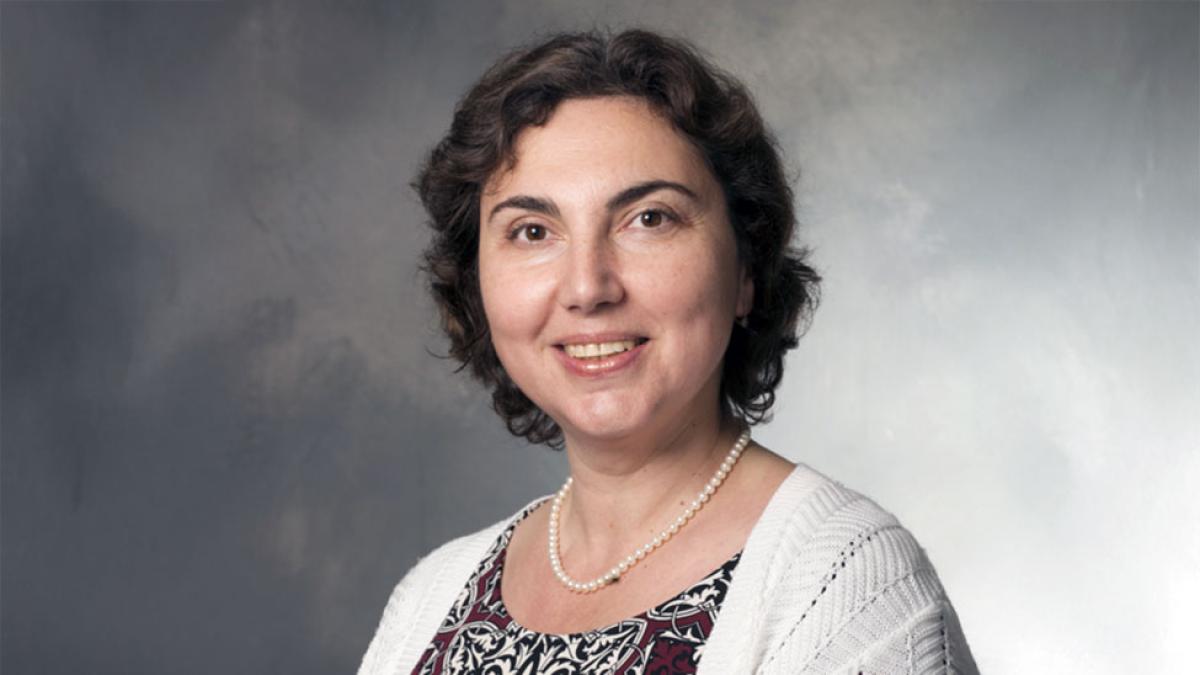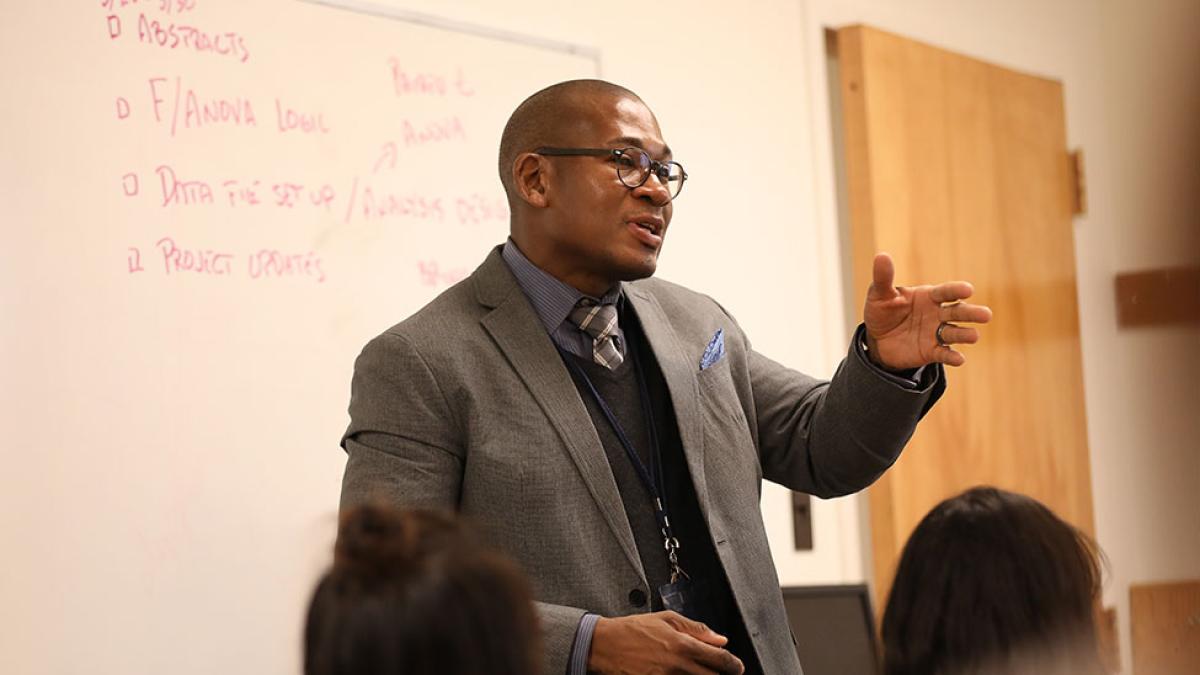Pace’s Federal Reserve Challenge Team has secured a record-breaking sixth national championship title. Team Captain Suraj Sharma ’26 opens up about the grind, the growth, and the meaning behind the historic win.
Exploring the Upside of Trauma

Psychology professor Anthony Mancini has an unconventional perspective on stress. “People assume that stress is always negative. But stress is actually more complicated than that.”
For example, the months following Hurricane Sandy in 2012 were extremely disruptive, filled with power outages, gas shortages, and many areas remaining closed. Even so, Mancini’s research into how Pace students were faring in the aftermath showed that they had lower levels of depression, better self-esteem, and more social support in the semester following the hurricane.
“Stress actually tends to stimulate social interaction, cooperation, and trust. The irony is that when something stressful or traumatic happens, you might actually end up better as a result. Obviously, that’s not always true. Trauma can also be very isolating, which is when PTSD happens. But ‘trauma’ is a very loaded word that’s lost meaning from overuse, making it harder to understand the different types and intensities of trauma as well as the difference in consequences.”
The irony is that when something stressful or traumatic happens, you might actually end up better as a result.
Mancini’s research focuses on those nuances. He’s particularly interested in uncovering how trauma and stress affect individuals, groups, and large social structures in order to determine why some are able to navigate through stress and trauma relatively well and end up functioning better as a result, rather than worse.
In his Trauma, Social Processes, and Resilience Lab, Mancini studies how people cope with and adapt to significant life stressors. In many universities, this kind of high-level original research is typically reserved for graduate and doctoral students. But Mancini says, “I’m always delighted when undergrads contact me. They’re motivated and curious, and I have them doing the same tasks as upper-level students.”
Mancini is currently writing a book—a hybrid memoir combining his own childhood experiences and the science of positive adversity. “I want people to know that adversity in childhood is not a life sentence; I find it objectionable that it’s portrayed that way, having had my own share. It’s not a good thing to tell children that they’ve been traumatized. Our psychological makeup is highly susceptible to influence. I don’t mean to dismiss that there is an impact with trauma, but it’s complex, and there are a lot of factors that go into determining the level and intensity of that impact. This book is an effort to tell the story and unpack and examine the assumptions about childhood trauma in light of scientific, empirical research.”


